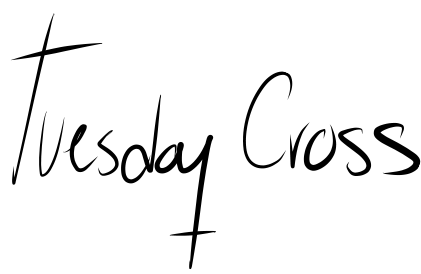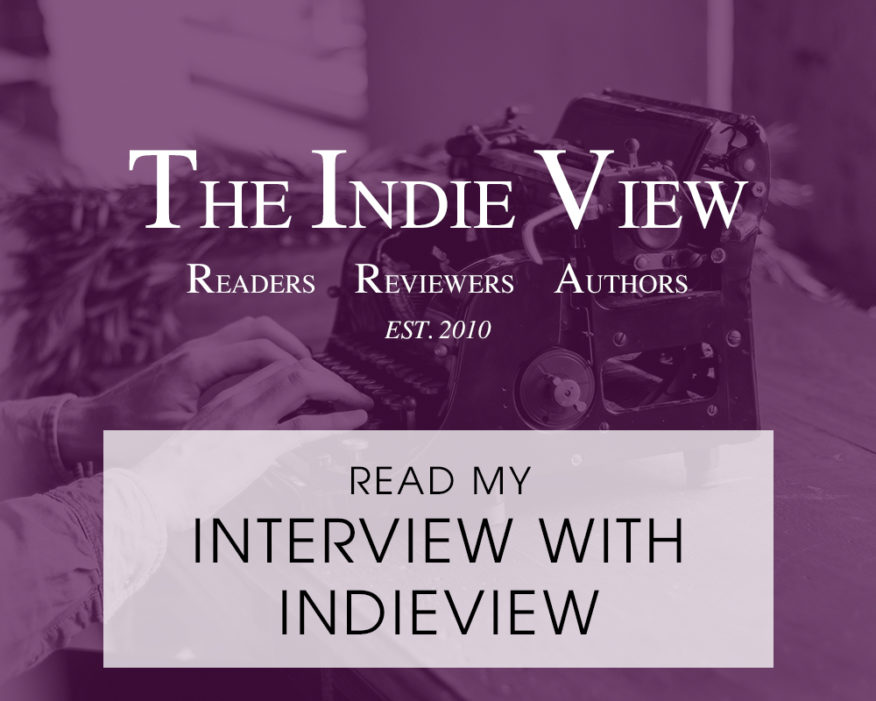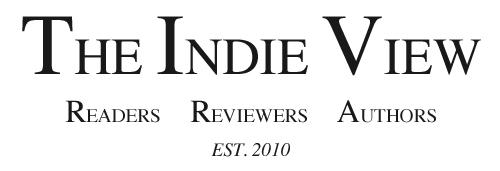About Reviewing
How did you get started?
After participating in a ‘novel review group’ as part of a team, I discovered how happy it made me to reward an author’s hard work with an honest review. I wanted to find a way to give even more exposure to books I had read and loved, so I decided to start reviewing on my website.

How do you review a book? Is it a read first, and then make notes, or do you make notes as you go along?
I make notes as I go along. Not just a word here and there, but detailed paragraphs analyzing what I think is going to happen based on the symbolism I perceive in a chapter. Typically I wind up writing 5,000 – 10,000 words breaking down a novel as I go. This may seem like too much, but not only do I find it enjoyable, I find it gives me the basis for a review which will resonate with my readers.
What are you looking for?
Anything which has clawed its way up from the realm of the paranormal. Give me vampires, werewolves, dragons, sprinkle a little romance on top and package it with a strong heroine and I am hooked. I’m also a sucker for non-cringey romance. I love to see two characters fall in love in a believable way which I can relate to.
If a book has a great plot, great characters, but the grammar is less than perfect, how do you deal with that?
I’m unique amongst my writing-friends in that I can completely overlook poor grammar if the story is absolutely smashing in all other aspects. However if the plot has holes, the characters are one-dimensional, and the grammar is sub-par, I’ll put the book down for good.
How long does it take you to get through, say, an eighty thousand-word book?
If I am truly enjoying a story I can read its 80,000 words in two days or less. While writing my notes for a full review however, it can take me up to a week.
How did you come up with your rating system, and could you explain more about the rating system?
I’m a huge fan of critiquing. In fact in the last six months I’ve written over 80,000 words in my critiques for other authors on Scribophile.com. When I’m critiquing I focus on the ‘points’ of a story which matter most to me as a reader, and I have carried this across into my reviews. I break a review down by overall quality of plot, depth of characters, believability of dialogue, and more. It may seem nit picky to some, but it is how I would personally want to read a review.
What advice could you give to authors looking to get their books reviewed?
Visit The IndieView’s list and go through the entire thing. Make a short list of reviewers who you think would actually appreciate your book, and take the time to read their guidelines. Reviewers receive a lot of requests and are doing it because they love it, so make sure you’re not only making it easy for them to review your story– but enjoyable as well.
Do you get readers emailing you and thanking you for a review?
I don’t receive a lot of emails from readers but I do receive an overwhelming amount of messages on Instagram and Facebook thanking me for helping them find their next read.
My advice to authors on getting a ‘bad’ review (hasten to add that might mean a perfectly honest, well written, fair review – just bad from the author’s point of view) is to take what you can from it and move on. Under no circumstances to ‘argue’ with the reviewer – would you agree with that?
I completely and totally agree with you. A fair review is exactly that, a fair review.
It can be difficult to let a ‘bad’ review go– after all, your story is essentially a piece of your soul. However for your sanity of mind, you just have to accept that your story isn’t going to be everyone’s cup of tea.

About Reading
We talk a lot about writing here on the blog, and possibly not enough about reading, which is after all why we’re all here. Why do you think people love reading? We’re seeing lots of statistics that say reading as a pastime is dying – do you think that’s the case?
Personally I think people love reading because it is the closest thing to ‘real’ magic. I can pick up a book and suddenly be traversing the countryside in 15th century France, and then the next moment be kicking back with my vampire-best-friend as we plot a plan to save the world. Through reading we live millions of lives, have millions of experiences, feel real emotions– it’s powerful. It’s magic.
Reading is not dying, it’s changing. People are now reading on devices, through apps, and through completely new ways of storytelling. In one of my alter-egos, I write complex stories for an app called ‘Episode Interactive’, an ios-based app which allows readers to customize the main character and make choices which drastically change the outcome of the story. The app is wildly popular– and every user on the app considers themselves a ‘reader’.
About Writing
What are the most common mistakes that you see authors making?
More often than not I see authors who have written an amazing story, but based on the title, tagline, cover, and description– I would have never picked it up on my own. Authors are not always marketors, and it’s important to either put a lotof research into how to properly present your book, or invest in someone doing it for you.
We’re told that the first page, paragraph, chapter, is absolutely key in making or breaking a book. Agents typically request only the first five pages of a novel; what do you think about that? If a book hasn’t grabbed you by the first five pages, do you put it down?
Life is short. It sounds a bit cliché, but it’s true. If the first chapter hasn’t ignited something in me that makes me need to join the characters on their journey… I won’t continue. The only exception to this is when a trusted friend tells me that the story starts off slow, but then becomes amazing.
Is there anything you will not review?
I’ll read anything as long as the story interests me. I will not review erotica, not because I find it offensive, but because my audience’s age range starts at 13.
My review-blog is for people who enjoy paranormal stories with a bit of romance and the occasional sci-fi, so I do try to stay within those categories.
About Publishing
What do you think of the oft-quoted comment that the “slush-pile has moved online”?
I think there is a lot of truth in that saying. Self-publishing has taken down the traditional barriers-to-entry that writers used to face. I dislike the negative connotation the comment invokes however. So what if ‘everyone’ can now sell their book online? Does it matter? I honestly think that the birth of self-publishing as it is today has changed the writing world for the better. Of course, like with any type of change, there will be those who have something negative to say about it.
Do you think attitudes are changing with respect to indie or self-published titles?
Definitely. When I speak to people about it, I get the ever-growing impression that the world of indie and self-publishing is like a gold mine. You may have to dig through a lot of plain rocks and dirt, but there are some real gems in there that you would never have discovered otherwise.
Do you have any ideas or comments on how the industry can ‘filter’ good from bad, aside from reviews?
To be honest, there isn’t really such a thing as good and bad. There are some stories and writing styles that I don’t like, but it is personal and subjective. So even if we wanted to, how could we filter the good from the bad when it’s a matter of opinion?
If we’re talking about poorly edited stories with below-standard spelling, then perhaps the requirement of professional editing before publishing with Amazon and other sites could make a difference.
At the end of the day however, I think reviews are really the only realistic way to ‘filter’ currently.
––––
I want to say a huge thank you to Al at the IndieView for facilitating this review and posting it on his blog, the questions were great fun.
If you haven’t already discovered the IndieView but are an Indie Author, Reviewer, or Reader, you need to check it out.



